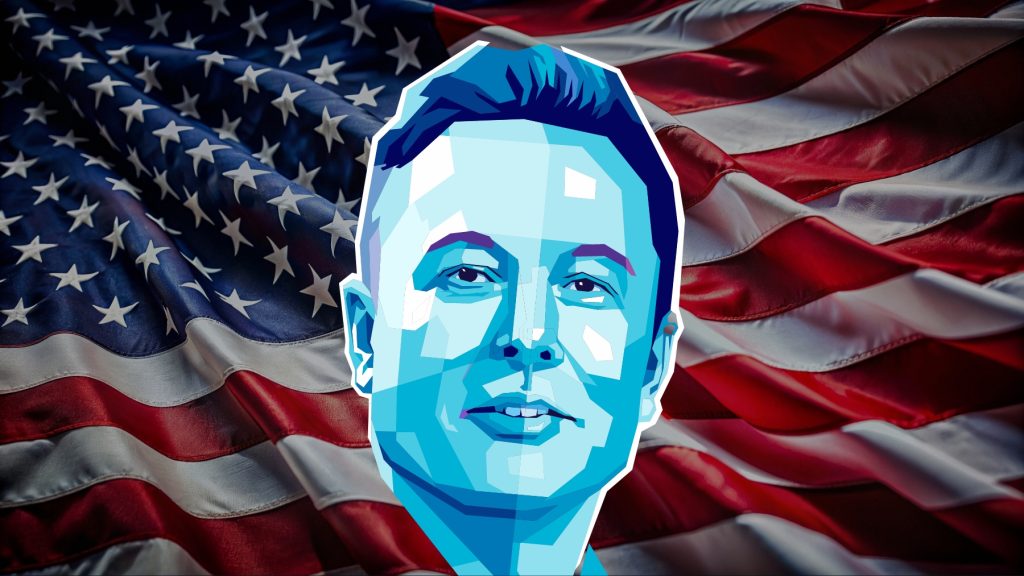
In November, Elon Musk and Vivek Ramaswamy join a new advisory panel shaping the US cybersecurity budget, raising concerns about personal gain and regulatory influence in critical policies.
It includes the Department of Government Efficiency (DOGE), a project reducing federal spending by $2 trillion.
David Brumley, CEO of Mayhem Security, claims that the real influence of the DOGE goes beyond typical governmental average cybersecurity budget cuts while highlighting that the Space X CEO’s access to Donald Trump is key in any upcoming changes and that “Musk’s influence doesn’t depend on whether DOGE is a formal department. Trump will likely take his advice and run with it, given Musk’s significant campaign contributions and public support.”
Crossover Between Tech and Cybersecurity
Elon Musk’s history of what some would call “aggressive cost-cutting” practices – the colossal 80% reduction in Twitter’s cybersecurity staff – is yet another area of concern for DOGE’s influence on federal cybersecurity budget.
Brumley warns that Musk might “chip away at the bureaucratic layers responsible for enforcing cybersecurity rules,” feasibly compromising the standards of cybersecurity budget management.
Musk has multiple businesses and his portfolio of companies, including Tesla, SpaceX, Neuralink, and xAI, all interface in various ways with government cybersecurity regulations.
If we are to take SpaceX as one of Musk’s examples, the company collaborates with NASA under specific cybersecurity agreements, Tesla also adheres to certain standards for EV chargers and vehicles, and Neuralink is required to follow FDA cybersecurity standards for medical devices, according to Al-Jazeera.
Observers worry that DOGE might not uphold regulations effectively, and in some cases favouring Musk’s multi-billion-dollar business empire and average cybersecurity budget properly.
Former CEO of Cyber Threat Alliance, Michael Daniel, told CSO Online that “Musk’s appointment creates a troubling dynamic where he may easily shape regulations for personal gain while influencing government contracts.”
A framework for programming and budgeting for cybersecurity is not only about the budget cut but also about working with the government in order to find another alternative.
A Setback for Musk
Musk’s leadership of DOGE is both an opportunity and a risk for the tech billionaire. His private sector success could influence governmental operations, especially in budgeting for cybersecurity. But his failure in budgeting for cybersecurity could be the first detrimental setback in his governmental role.
Critics, like Craig Holman of Public Citizen, warn that Musk’s involvement may create an image of corruption, potentially damaging both his reputation and the Trump administration’s credibility.
If Musk’s business interest dominates and overpowers DOGE, it might be a cautionary lesson in what happens when business interests are allowed to cross over with public governance. The impact of this cybersecurity budget initiative has on the very way technology and cybersecurity policies are made will have flaws across industries, influencing not only federal policies but also how private sectors work with the government.
Inside Telecom provides you with an extensive list of content covering all aspects of the tech industry. Keep an eye on our Cybersecuritysections to stay informed and up-to-date with our daily articles.